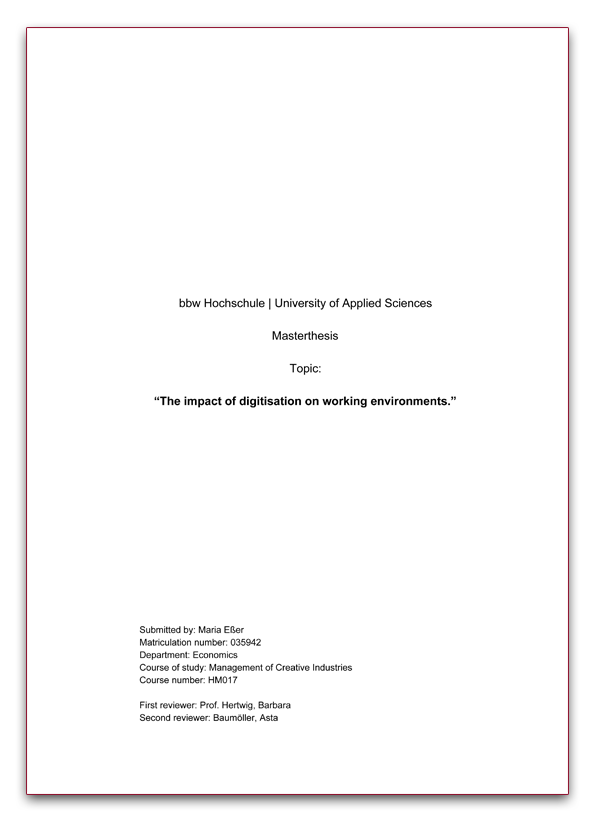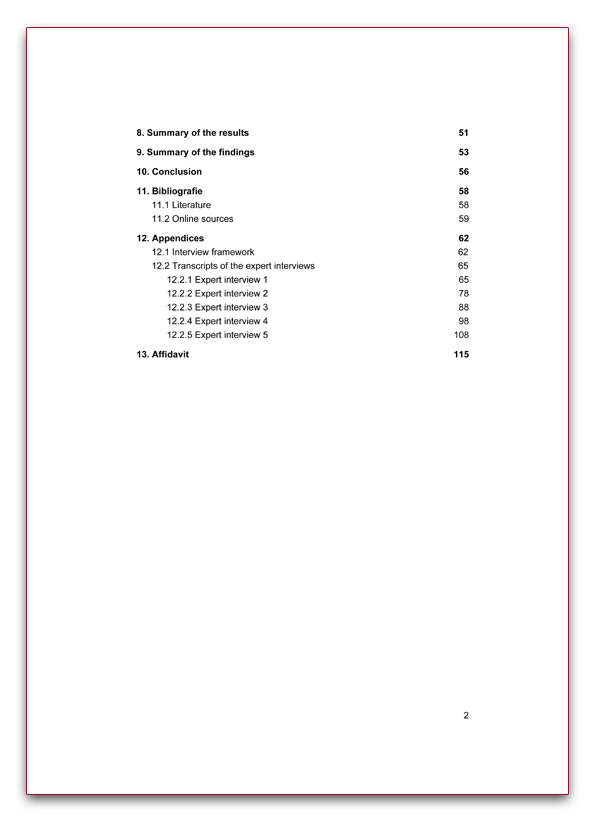
The impact of digitisation on working environments.
This thesis analysis the impact of digitisation on work processes and
environments in the cultural and creative industries. The aim of this research is to
identify the changes that companies need to make in order to stay successful on
the disruptive market. The following research question was developed:
“Which changes demands the digitisation in terms of working processes and
environments from companies in the cultural and creative industries?”
To answer this question, relevant literature was researched and evaluated. The
focus laid on agile working methods, company hierarchy and culture, digital
leadership and workplace mobility. From the information gathered, six
hypotheses were set up that relate to the impact of digitisation on processes and
environments. In the following, the correctness of these hypotheses was
examined on the basis of self-collected data. Therefor interviews with five experts
from the culture and creative industries were conducted who have many years of
practical experience with the relevant topics. The results of the content analysis
of these interviews showed that while the experts acknowledged the changes in
work processes and environments, they recognized the biggest impact of
digitisation on the human factor. By giving up tasks on machines and the newly
gained freedom of employees through agile working methods and job mobility,
awareness of the importance of interpersonal relationships is growing. In the
results of the content analysis, it therefore becomes clear that digital tools or agile
methods merely act as enablers and have to be adapted individually to the
respective circumstances. Just like the framework, the deployment must remain
agile and flexible, focusing primarily on the needs of employees and customers.
EditionNo. 3AuthorMaria EßerMAMaster of ArtsYear2019Download PDFcreativeindustries.berlin


